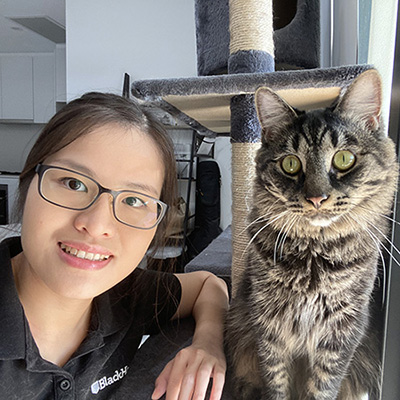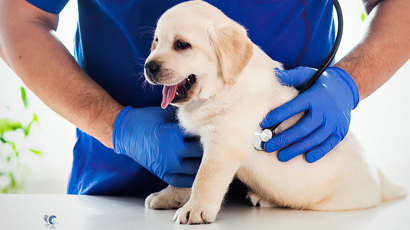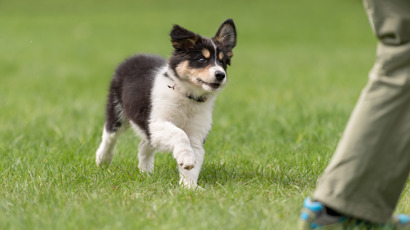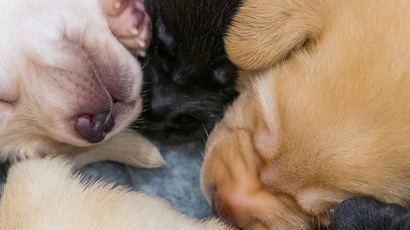What is parvovirus?
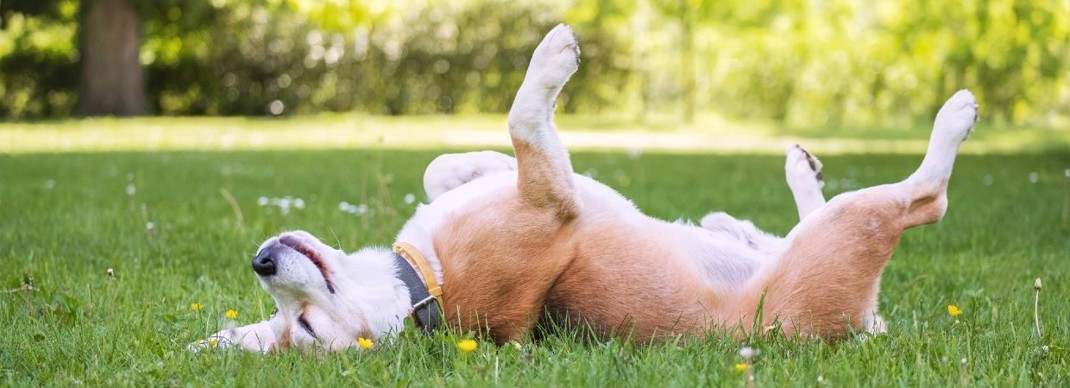
Right now there’s a lot of talk about viruses, so let’s take a moment to explore one of the most well-known viruses in dogs - the Canine Parvovirus
What is Canine Parvovirus?
Parvovirus is a highly contagious virus that affects the gastrointestinal tract of dogs. The infection can be life-threatening, often causes vomiting, diarrhoea, loss of appetite and fever, especially in puppies.
Is Canine Parvovirus related to COVID-19?
The Canine Parvovirus is a non-enveloped DNA virus. COVID-19, which is a type of coronaviruses, is a non-enveloped RNA virus. They are structurally different and replicates via different mechanisms. The two viruses are not related.
How do puppies and dogs get Parvovirus?
Puppies and dogs, especially the unvaccinated, can be infected from exposure to contaminated environment (e.g. soil) or contact with an infected dog. The virus can also be transferred to dogs that are kept inside via our shoes and clothing. An infected dog can pass a billion Parvovirus particles per teaspoon of stool during an infection. The virus is very resistant to environmental influences and is capable of surviving in the environment for at least 6 months, often longer.
What are the symptoms?
Onset of clinical symptoms are usually seen at 4 to 14 days after exposure, and are usually progressively serious:
- Depression
- Loss of appetite
- Diarrhea with blood
- Vomiting
- Fever
- Severe dehydration
What treatment is needed?
Depend on the severity of the infection, many puppies often require intravenous fluid therapy, antibiotics, specific nutritional support, various other medications, and intensive nursing care. Some dogs will require hospitalisation at a veterinary hospital, often in an isolation room as the disease is highly contagious to other dogs. Some dogs and puppies may not survive despite extensive treatment.
Prevention of parvovirus infection with vaccination is highly recommended, and exposure to potentially infected environments should be minimised in puppies until their puppy vaccination series is complete.
Parvovirus is part of the routine dog/puppy vaccination. Most puppies should have their first vaccine between 6-8 weeks of age, then follow up with another 2 boosters. Adult dogs should receive their boosters every 1-3 years. Vaccination regimes can vary depend on the type of vaccine, geographical location, and the animal itself. Always consult your local veterinarian on the best immunisation schedule and follow their recommendations on when is the best time to allow your puppy to be out and about.
Worried about your dog?
If you’re concerned about your pet’s health, please ring your vet for advice. Do not go to the vet during this lockdown. Rest assured, vets are classified as an essential service and are working with clients over the phone to ensure pets receive the care they need while remaining open for emergencies.
